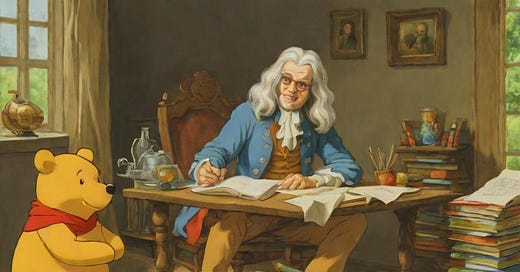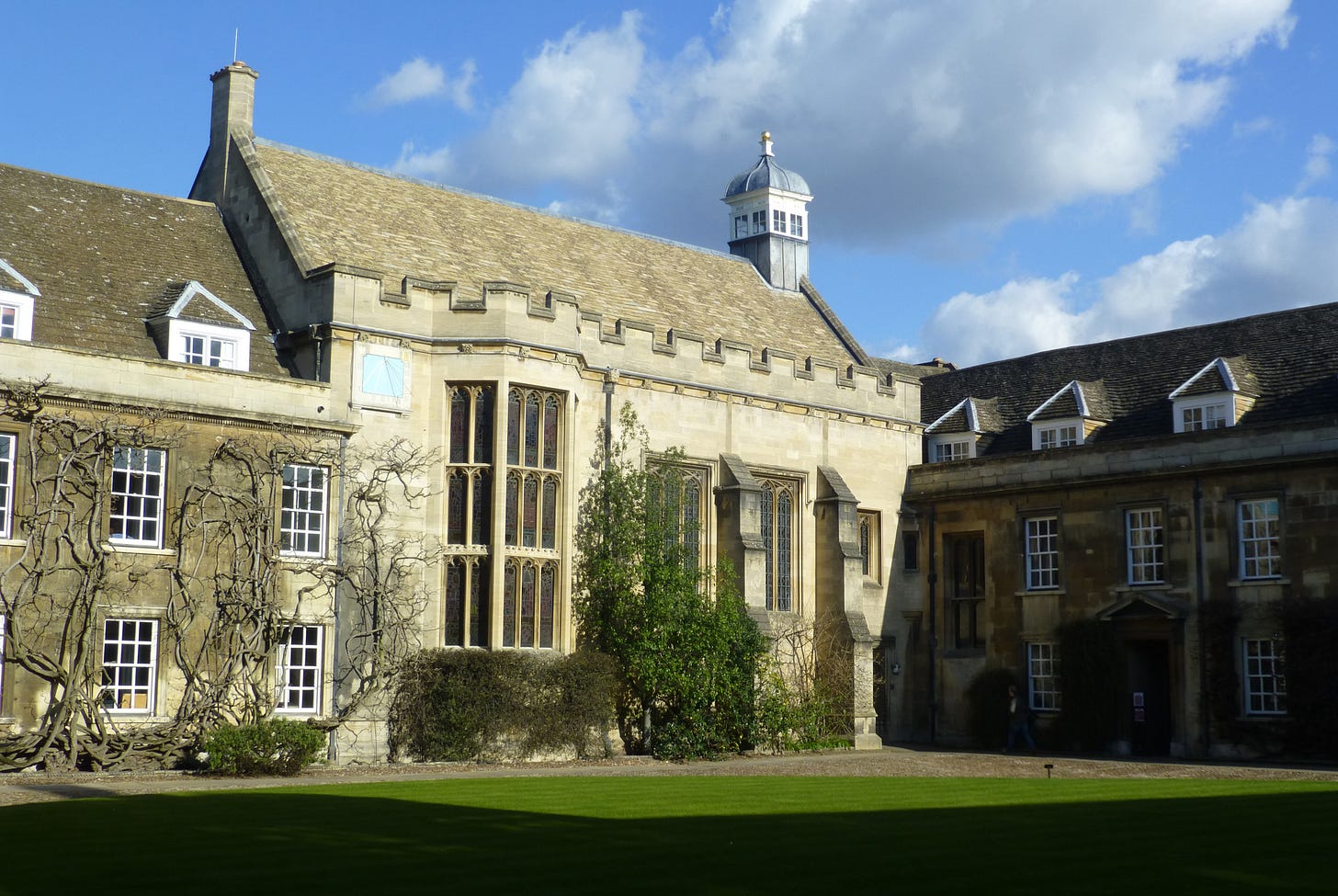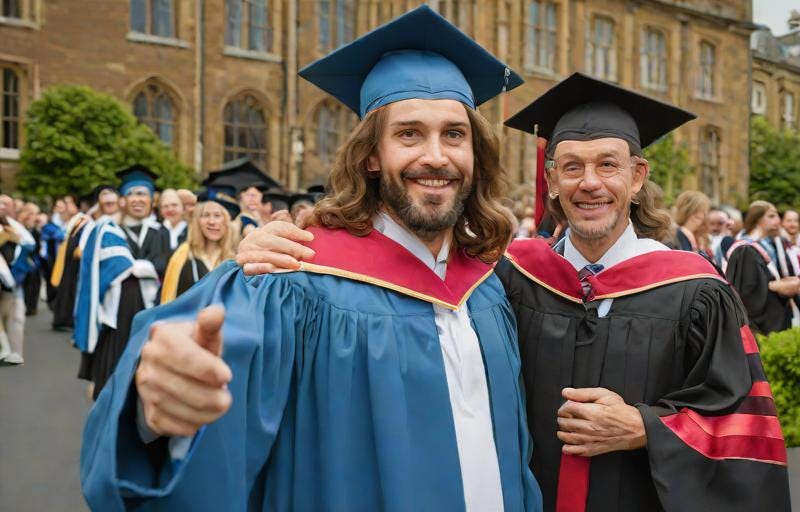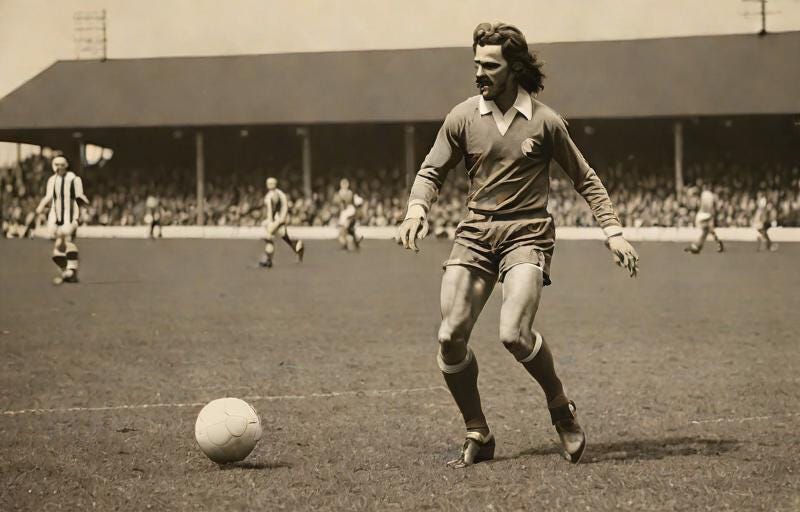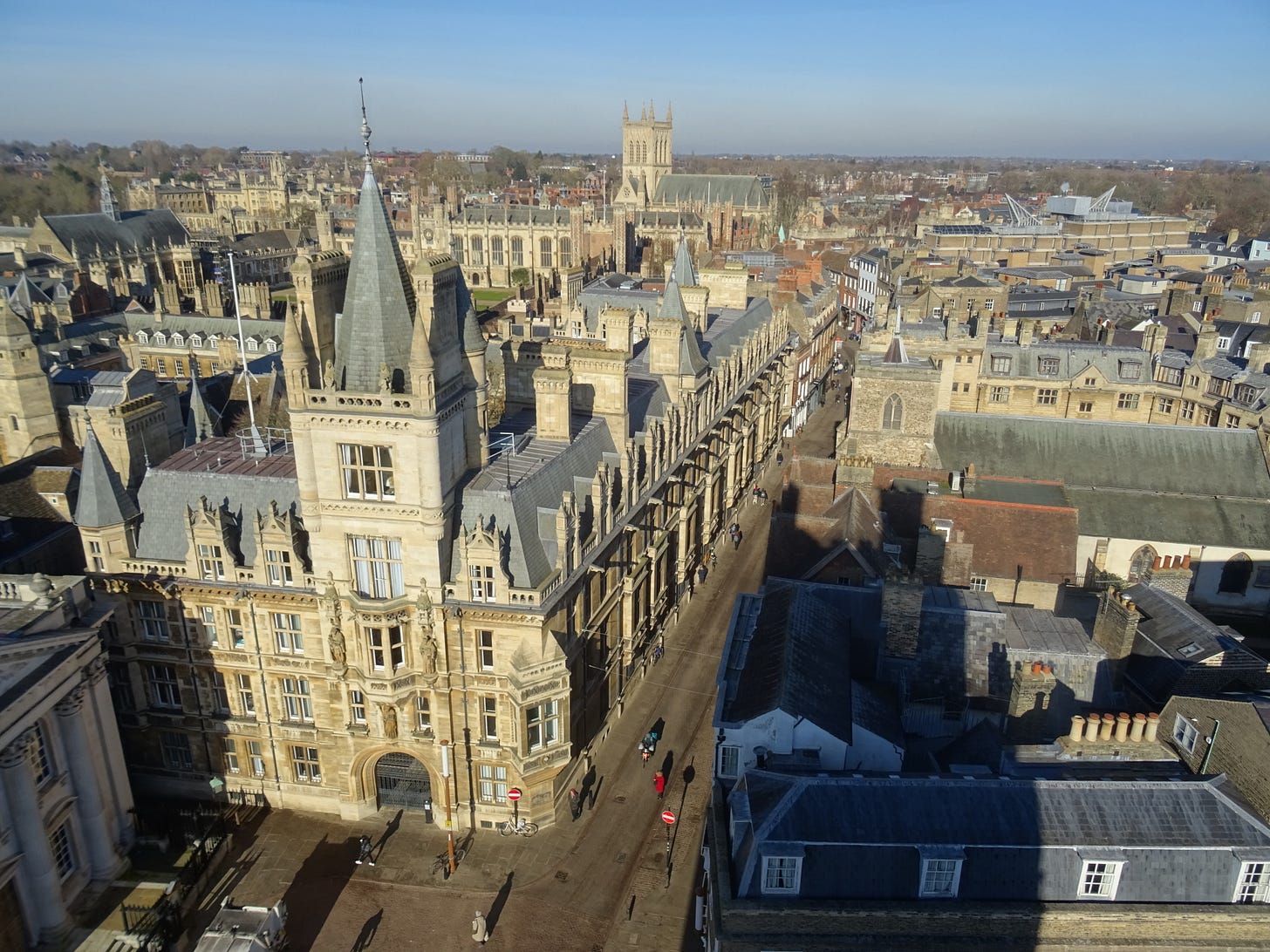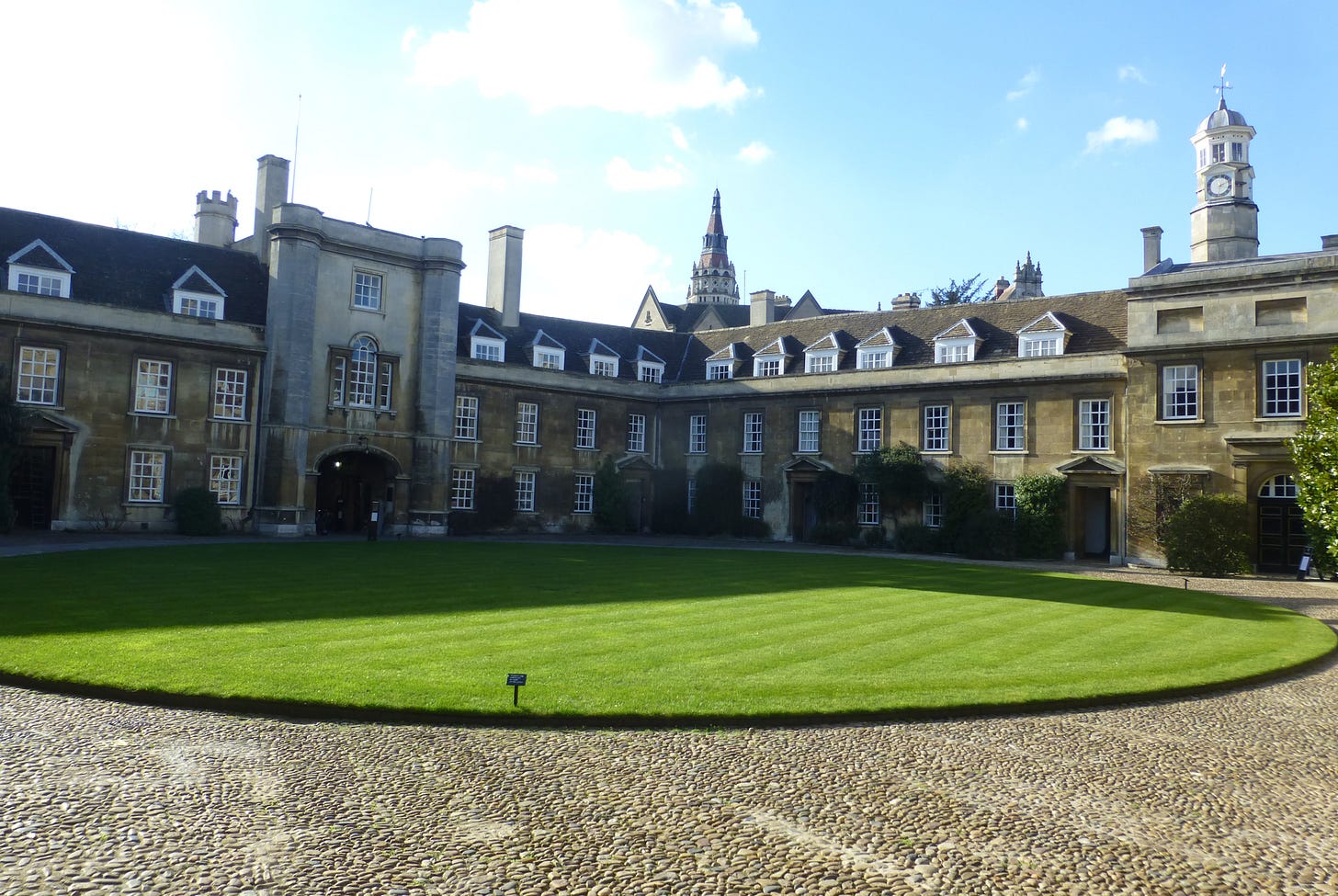“Advancing, we espied upon the road
A student clothed in gown and tasseled cap,”
- William WordsworthI’m not good at finding the right bus; even when less than three miles from a city centre and stood on a road which points directly towards it. Luckily two ladies of rather advanced years took pity on me and told me which bus to get onto and where to get off in the middle of Cambridge.
The journey was a short one, made even shorter by our Polish bus driver who, since arriving in the country, had learned the meaning of green, was not 100% sure on the meaning of red and had never even come across the notion that the word amber may exist much less what it might signify in the world of traffic signals. When we reached the tiny bus station my two ladies told me where I was in relation to the city centre – I was, essentially, in it – and then told me where I could get buses back before letting me go on my way. I am grateful to them for their guidance and for resisting the temptation to spit on their hankies and clean my face.
I walked about thirty yards when a gentleman wearing a sandwich board asked me a question out of the blue.
“Are you going to heaven after this, sir?” He asked me.
“No,” I replied, “I’ve bought a return to the park and ride.”
This is normally one of those answers which comes to you about forty minutes later. The French call that l'esprit d'escalier, staircase wit, where you think of a smart-arse comment when you’ve already left and are heading down the stairs. Today though, it was instant. Perhaps the only time in my life that I’ve been that quick-witted and only two people witnessed it. I was one of them and the other was stopping random strangers with questions about the afterlife. Two steps later I turned into Christ’s Lane, so perhaps he knew more than I did.
Christ’s Lane runs alongside Christ’s College, you might not find that surprising but I didn’t even know he’d been to school here.
I remember once watching a TV programme about the theory that Jesus had visited England. In the introduction the narrator said that it was believed that Christ had visited our country with Joseph of Arimathea who was said to be “Jesus’ uncle on his mother’s side of the family”. Well, considering who his father’s side of the family was supposed to be, there’s not much chance of it being from that side, is there? You don’t hear talk of the Holy Quadrinity: the father, the son, the holy ghost and Uncle Geoff, do you? I’m not sure that I paid much attention to the programme after that.
You can walk around the outside walls of Christ’s College in ten minutes and, most of the time, be totally unaware of the calm beauty inside. You could be in any city or sizeable town in Britain but just feet away are the courts and quads and gardens and old stone buildings that Charles Darwin and John Milton knew. Some of the best brains in the world have been nurtured behind those walls. They still are. Who knows who was here on this day who will be known centuries from now?
The college was originally founded in 1437, which is what we historians refer to as a fucking long time ago. It has been known as Christ’s College since 1505 and, helpfully, Wikipedia tells you that it was named after Jesus Christ, just in case you thought it had been named after Bill Christ who was a midfielder for Sheffield Wednesday in the 1950s.
Behind the college is Christ’s Pieces which, unfortunately, is nothing like Reeses Pieces but is, instead, a park. They like calling their parks “pieces” in Cambridge: St. Matthew has one as does a Mr Parker. Pieces being the Old English word for: place to annoy decent people by playing frisbee and shouting.
So, why does Mr Parker get a place alongside a saint and the son of God? Well, it’s difficult to say why his name stuck because he was simply a cook at Trinity College. Trinity College owned the land here and, at the end of the sixteenth century, Edward Parker leased it from them. He can’t have even leased it for that long because a quarter of a century after he first leased it, the college gave it to the town of Cambridge in exchange for the land where the Wren Library of Trinity College now stands. The library holds, among other things, Isaac Newton’s notebooks and the manuscript for Winnie-the-Pooh.
The University of Cambridge, for which the city is most well-known, was founded in 1209 and today comprises thirty-one separate colleges. Sixteen 'old' colleges, founded between 1284 and 1596, and fifteen 'new' colleges, founded between 1800 and 1977. It is the richest university in Europe with an annual income rather similar to that of the Cambridge based Marshall Group. Now that’s quite amazing because while the Marshall Group has aeroplane engines and cars and naval decoy systems and trucks for the Dutch army, the university deals solely in ideas and words. Still, they make as much money each year.
The university and the colleges combined now have assets of around twelve and a half billion pounds or around half a million quid for every student or a hundred million pounds for each of the 121 Nobel laureates that the university has produced.
The centre of Cambridge with its honey-coloured stone buildings and the suggestions of sweet life in the quads behind the gates is delightful. To sit outside a pavement café such as Agora at the Copper Kettle on King’s Parade sipping coffee and looking out past streams of bicycling students to the façade of King’s College is sublime. It is impossible to imagine that being educated here would not change your entire life. It would do that even if the teaching wasn’t some of the best in the world, which, of course, it is. Living for three or four years in the ancient rooms of the college, looking out every day through mullioned windows at the perfectly manicured lawns, how could that not deeply affect your outlook on life?
Like just about every life that you haven’t tried, it sounds simpler than it really is. That’s the thing about sitting, sipping coffee, imagining alternative lives, you never include the difficult bits. You never have to put the rubbish out, croissants aren’t fattening and you forget that you’d have to take your brain with you; you’d still be you.
Perhaps that’s part of why Cambridge has always been a bit of an inexplicable let-down for me. While I always have high expectations for it, it’s just another place to be me. I’m happy enough being me, I wouldn’t want to swap with anyone but when you see people in places like this it can come as a bit of surprise to find out that you’re not them.
I also forget that Cambridge still has too much traffic and expensive parking and shopping centres and stupid people and on some days it rains. It is just a place. Don’t get me wrong, I like Cambridge, I like it a lot, there are so many wonderful bits to the place: from the river at Midsummer Common to the Backs; from the wonderful stripy-topped market behind Great St Mary’s church to the Jesus Green lido.
I just don’t ever seem to like being there as much as I like the idea of being there. Maybe if I’d been smarter and worked harder and ended up as a student here, I would still have felt out of place because wherever I go, there I am.
If you want to come with me wherever I do go, then there’s 20% off the annual subscription if you sign up during April 2024. That’s access to all posts and the complete archive.
Thanks for reading Bunking Off with Adrian Bleese. Subscribe for free to receive new posts and support my work or read more right now here Above the Law


